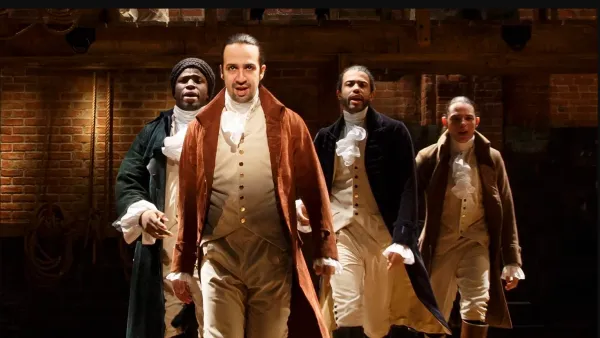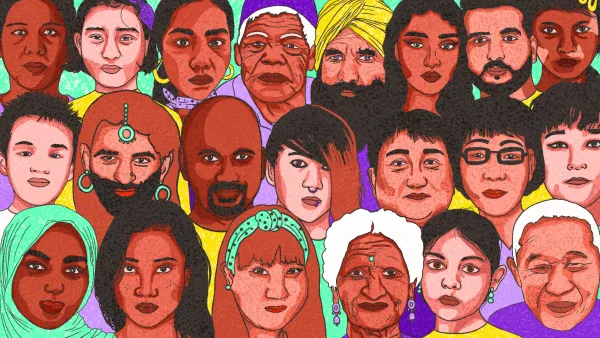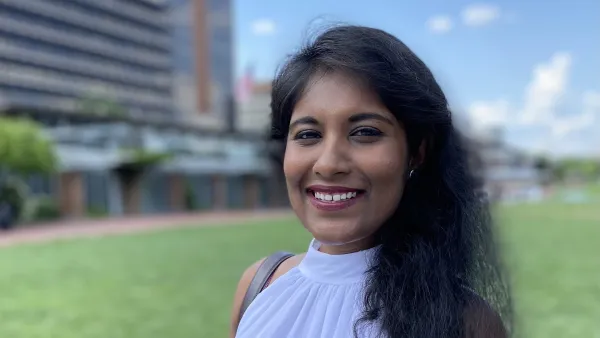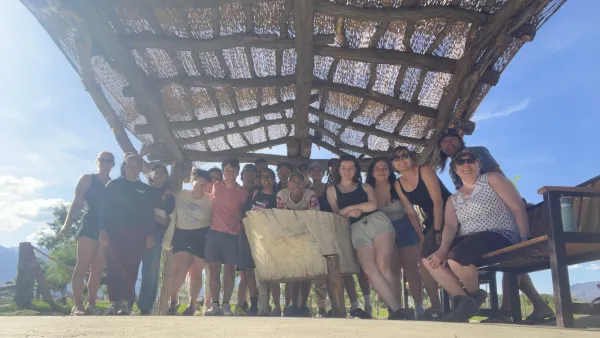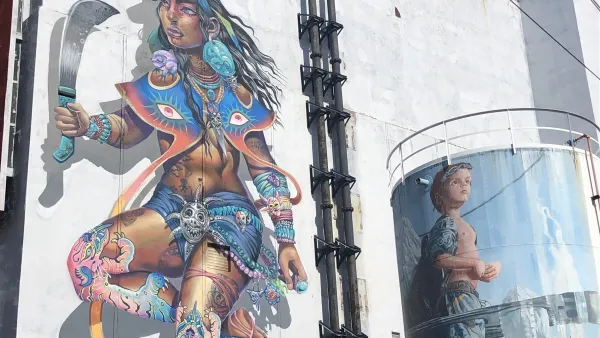L98 336: Topics in AMCS: Against History: American Writers and the National Past
What are some things you'd like to highlight about the course?
This spring, I’ll be teaching an AMCS course called “Against History: American Writers and the National Past.” Together, we’ll explore how the cultural politics of national history have developed since World War II. In this period, historians used the paperback revolution to widely disseminate narratives of American exceptionalism, as well as narratives exposing the hypocrisy of the United States’ founding documents. At the same time, poets, novelists, and playwrights took it upon themselves to tell history slant, to give the past literary coherence and even imagine stories that historians were unlikely to find in the archives of official power. By tracing developments in the fields of literature and history from 1945 until the present, this course will help us understand contemporary debates over school history curricula, The 1619 Project, and the social responsibilities of artists.
What are you most excited about?
I’m most excited about the wide range of “texts” we’ll explore in this course. We’ll read popular and academic historical writing from John Hope Franklin and Nikole Hannah-Jones, and we’ll read poetry and fiction from Elizabeth Bishop, Ishmael Reed, and Honorée Fanonne Jeffers. We’ll even watch Lin-Manuel Miranda’s Hamilton (2015) to conclude the semester. I’m excited for us to see how historical memory gets produced—not just by professional historians, but by artists, politicians, and ordinary citizens too.
Best of all, “Against History” has no prerequisites. If you’d like to learn more about how history becomes art and vice versa, this course is for you.
L98 336: Topics in AMCS: Against History: American Writers and the National Past
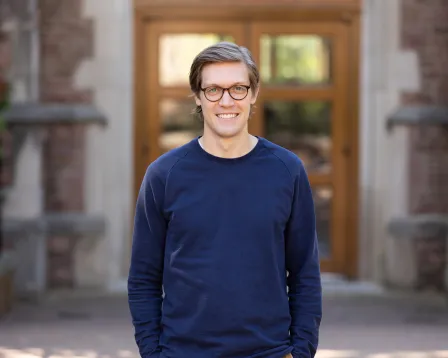
Alex’s interests include twentieth- and twenty-first-century American literature, American historiography, and religion and literature. He also writes poetry and nonfiction. His academic and creative work can be found in Twentieth-Century Literature, The Southern Review, Christianity and Literature, and other journals. He has taught courses in literature, creative writing, composition, and American cultural studies.
